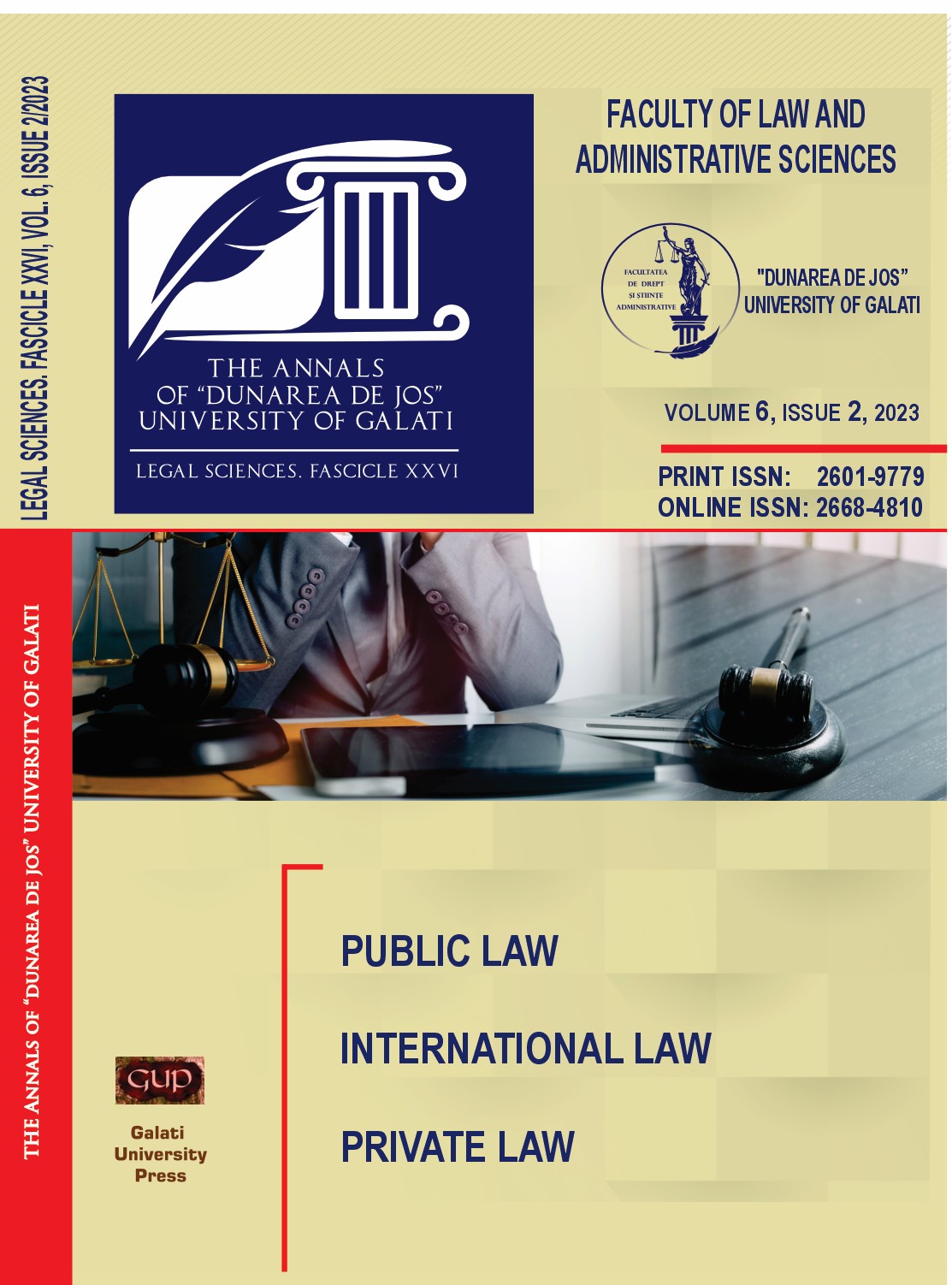Cyberterrorism Defining the Threat and Evaluating EU Legal Countermeasures
Abstract
Cybercrime is a criminal activity directed at or using a computer, computer network, or networked device. Cybercriminals or hackers commit most cybercrimes after a quick and undeserved gain. However, there are also cases where cybercrime aims to damage computers or networks for reasons other than profit, such as political or personal reasons. The Internet creates considerable development potential in all areas of social life, its applications being practically unfailing. The current technology, however, opens new horizons for committing crimes. Ease of use, low cost, speed, and anonymity make the Internet an environment conducive and accessible to crimes. Due to the global feature of the network and its vast complexity, the perpetrator's "hidden" possibilities are practically unlimited, thus encouraging the commission of crimes. International law is the most practical means of deterring cyberterrorism due to the inherent realities of cyberspace. Universal jurisdiction is likely the most practical means of prosecution and deterrence. The threat of cyberterrorism can be significantly decreased with a multilayered strategy of deterrence and mitigation.

This work is licensed under a Creative Commons Attribution 4.0 International License.
The author fully assumes the content's originality and the holograph signature makes him responsible in case of trial.


